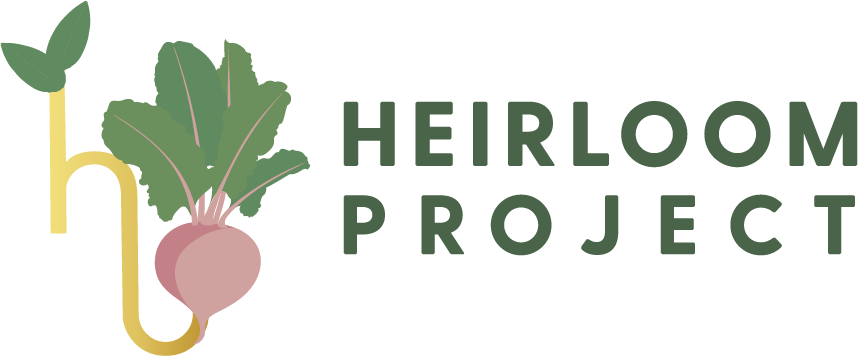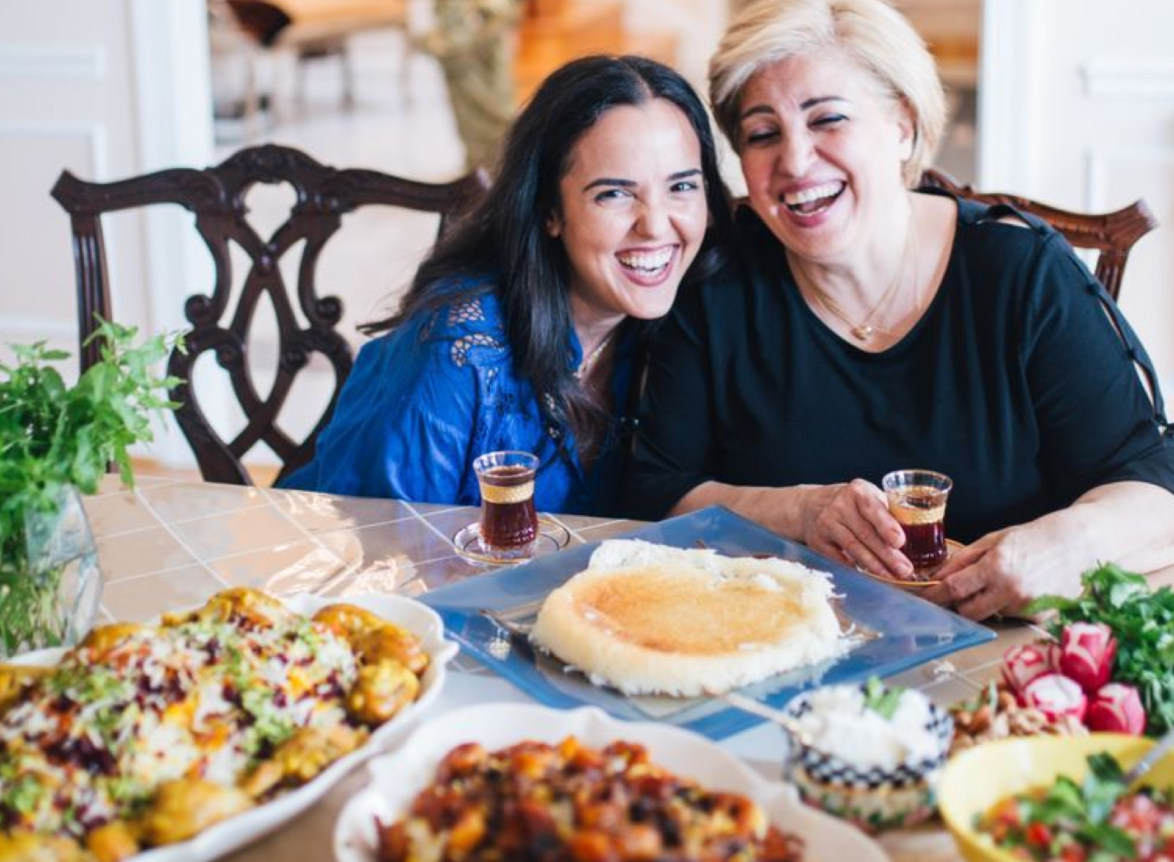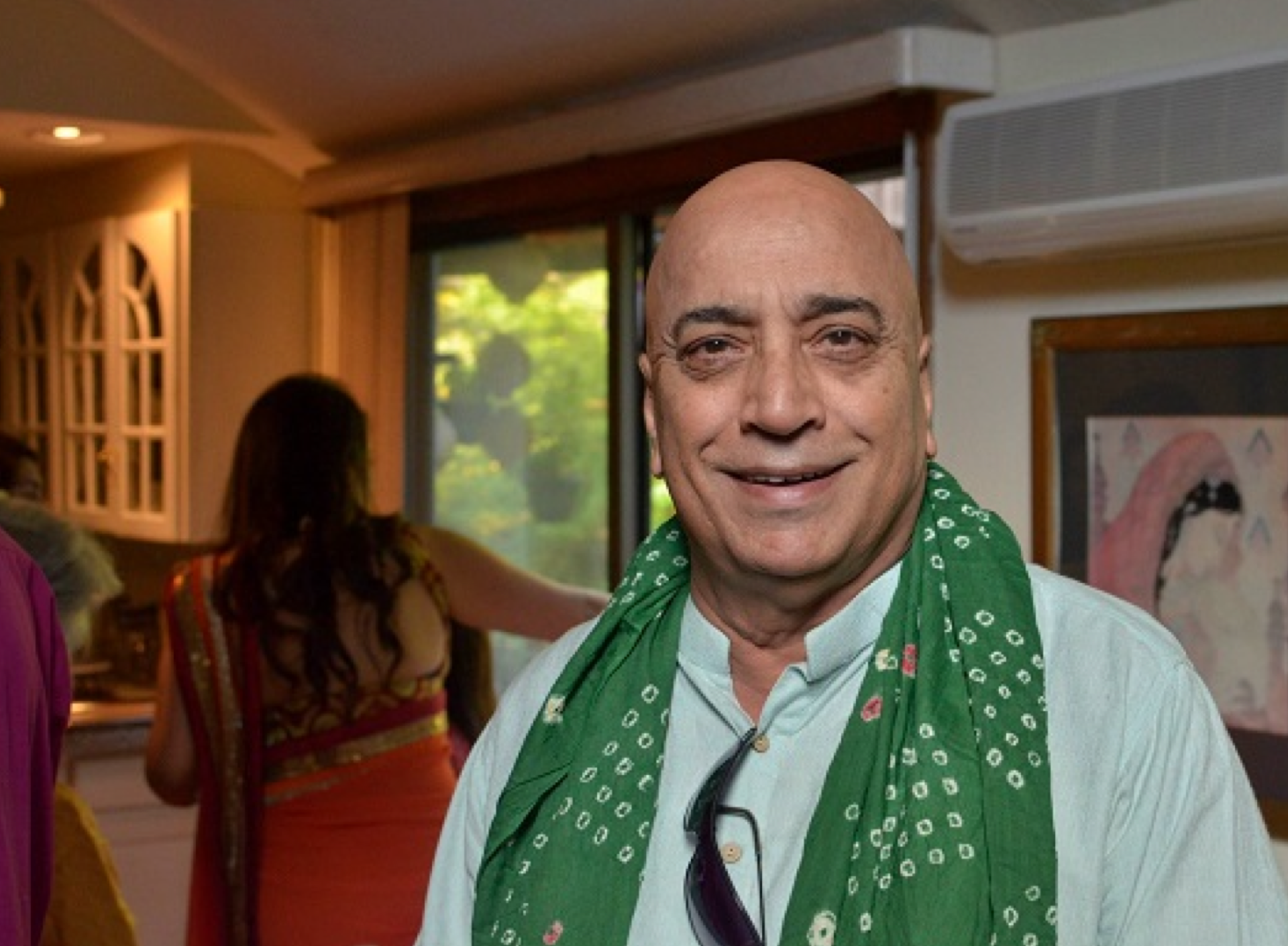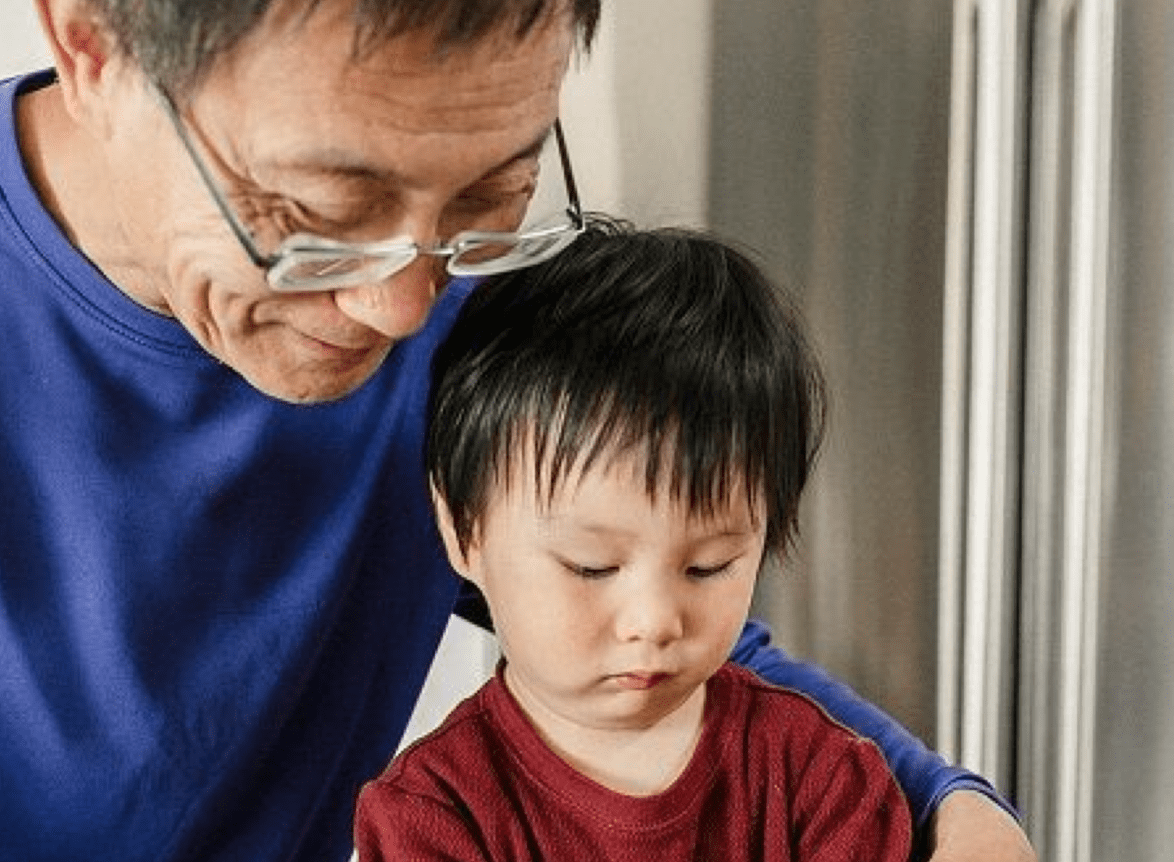Favorite Recipes from Irani Sisters shares the most beloved family recipes of Jaya Mahajan’s family by referencing dishes from the author’s mother and her three sisters in tribute to their mother. The custom cookbook offers: “a taste of our shared legacy, a glimpse into the kitchens of our mothers, grandmothers, and aunts. Through these dishes and cherished memories, I hope to bridge the gaps of distance, finding unity in the delicious bond of our shared history.” Apart from its recipes, this personalized compendium incorporates family photographs and texts that detail the often lesser-known Parsi history.
Parsi cuisine consists of a rich culinary heritage, with dishes as varied and complex as the age-old culture. The community originally settled in India between the 8th and 10th centuries, mostly along the coast of Gujarat, after migrating from Persia to escape religious persecution. Although there are Parsi communities in many countries, India is home to the largest community outside Iran.
The Parsis comprise a minority and a disappearing community in India. This makes preserving their stories and legacies of utmost importance. Communities like theirs remain alive through the perpetuation of culture, including through food. In this particular collection, recipes and their related memories are a testament to the women who preserved culinary heritage and food rituals in the form of comforting, tradition-inspired dishes.

Parsi communities have historically made significant contributions to Indian society and culture. One of their most visible and lasting legacy is through culinary heritage. Parsi foods traditionally contain assorted methods of cooking stews, meats, dry fruits and nuts—all of which were influenced by Persian cuisine from which they had originated. Each family has their own incorporated ingredients and methods, which further build their unique food legacy.
This collection reflects the range and complexity of Parsi culinary traditions, with recipes from the three sisters set against the backdrop of a love story. It is through the details of personal anecdotes that snippets of Parsi community history come to the fore. Some recipes by the author’s grandmother, Jer Irani, were included after being translated from Gujarati: “These were the simplest recipes I could find in my mother’s cookbook. There are no measurements given in any recipe, I guess we have to use approximate quantities.”
The book is a homage to their Nani, or maternal grandmother, to whose culinary prowess the collection pays homage: “She was famed for making elaborate English desserts and these delicious memories left an indelible imprint on my palate.” But she is just one of the book’s protagonists: “In more recent times, it’s the culinary mastery of my masi that takes me home. Ahead of each journey to Mumbai, a ritual unfolds as I eagerly call her to discuss menus and preferences. With unwavering devotion, she liaises with the macchiwalla (fish vendor) weeks in advance, securing my favored catch, a gesture of love and indulgence that speaks volumes.”
Jer Bilimoria and Noshir Irani met each other when they were a teacher and principal, respectively. They got married and had 4 children (the author’s mother and her three sisters). They were a traditional middle-class Parsi family in Bombay; a working father and a mother who managed the household while raising her children:
“Mama hardly ever had any spare time except late in the evening when she would go and meet her friends at the Five Gardens in Dadar Parsi Colony. They both gave us a very fulfilling and happy childhood, taking us through our teenage years with authority laced with understanding and integrity, but adhering to simple living and high thinking.“ (Page 7)
This custom cookbook contains a range of familiar and unique foods, including: Rajma, Sali Boti, Caramel Custard and Lagan nu Custard, a variant that is prepared using condensed milk. Standout recipes include the often challenging, but very worth it Dhansak Daal: ”a typical Sunday afternoon meal in the Irani household. If you want to make this special, add the cutlets and have the caramel custard for dessert.” It is the little personalizations which make the book a treasure: noting for instance that Lagan nu Custard is a favorite of Kaizad, who enjoys this heavy dessert even after a big meal.

The effort to recreate nostalgic memories is what drives familial relationships over time.
And often the recipes need not be culturally authentic. Their value is to recreate memories as a practice and ritual of care that keeps people and their relational bonds alive.
People’s histories create a lasting artifact of family history and relationships, often best contained in knowledge about food and its preparation. What makes these recipes particularly important is that many have been translated. The collection is thus an act of preservation across generations.
Photographs of family at reunions mark specifically how food and its preparation become a hallmark of family traditions of togetherness. This custom recipe book, therefore, is like a time-bound archive of Irani family gatherings.
People carry memories of food as a way of recreating home amidst nostalgia, wherever we go. Recipes recreate comforting memories of togetherness, and can even encode everyday remedies. Preparing foods together doesn’t just preserve culture and familial legacy, it enacts care for all of the people involved. In translating and ascribing these oral histories, rituals and memories, the timeless importance of family recipes become apparent. As a signifier of family tradition, identity and history, Favorite Recipes from Irani Sisters is a memoir that preserves a sliver of history for posterity.
“Having a place to go is a home
Having someone to love is a family
Having both is a blessing.”
Click to make your custom family recipe book?
Have more questions? Visit our FAQ section here. Alternatively, you can email us at hello@heirloomproject.co
To get regular updates, follow us on Instagram here







Leave a comment
Your email address will not be published. Required fields are marked *